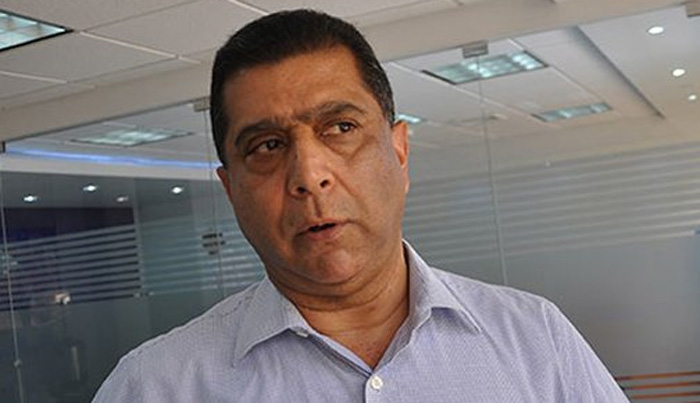RIO DE JANEIRO, BRAZIL – Honduras must generate fiscal space and reduce the public debt that already dragged down the economy from before the pandemic of Covid-19, in order to address social problems such as poverty, Honduran economist Claudio Salgado said on Wednesday in Tegucigalpa.
The new government to be elected in November in Honduras will receive a country “bankrupt”, so it will have to make a “fiscal adjustment” to meet the needs of different sectors, with special attention to the health system and social programs, said Salgado.

“The problem is on whom this fiscal adjustment is going to fall, on the great majority of the population or against those who have gained substantially in the pandemic,” the economist wondered.
The new ruler chosen in the November 28 general elections will inherit an unprecedented economic crisis from the administration of Juan Orlando Hernández, he added.
“The only thing the next government will do is to allocate its entire budget to the payment of wages and salaries and debt, so it will not be able to cope with the social debt that exists,” he explained.
Salgado pointed out that the new Government will receive a country “totally in calamity” because the Hernández Administration “has handled money with full hands”, but “has squandered it in expenses that do not generate development”.
HIGH DEBT, A REFLECTION OF THE CRISIS
Honduras also needs to “renegotiate” the foreign debt with multilateral organizations, not to get more indebted with sovereign bonds and to contract new credits in concessional terms, that is to say, with a 30-year term and a low-interest rate, added Salgado.
The economist indicated that an external and internal debt that globally is around US$16 billion, representing more than 60% of the gross domestic product (GDP) and US$1,684 per inhabitant, can summarize the magnitude of the Honduran crisis.
“Ideally, indebtedness should not go beyond 40% of GDP,” emphasized Salgado, who said that Honduran debt “had increased five times” since 2010, when it reached US$3.5 billion.
The poor economic solvency will force the new government to “reduce programs in health, education, assistance to families, so that the people are reduced in terms of their welfare, to pay that contracted debt,” he stressed.
He added that most of the Honduran debt is destined for “proselytizing purposes through the presidential program Bono Vida Mejor, the payment of energy generators (electricity) and to cover current expenses, so we are not generating the basis for growth and development” of the country.
CHALLENGES OF THE NEW GOVERNMENT
The government “spends more on bureaucracy than it delivers to the needy population,” emphasized the Honduran economist, who said that poverty, unemployment, and underemployment, criminal violence, and problems in education and health are some of the many challenges that Hernández’s successor will face.
Poverty in Honduras increased to 70% in 2020, up 10.7 percentage points from 59.3% in 2019, due to the Covid-19 pandemic and increased indebtedness of the country to finance public spending, he said.
Another issue of concern in the country is corruption, a scourge with deep roots that have also tarnished the last governments, according to different organizations.
According to the Honduran Foreign Debt Social Forum (Fosdeh, private), corruption cost the country 254.058 billion lempiras (about $10.541 billion) between 2014 and 2018, which is between 10% and 12.5% of GDP.
Source: efe

